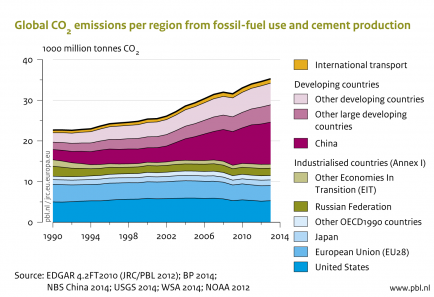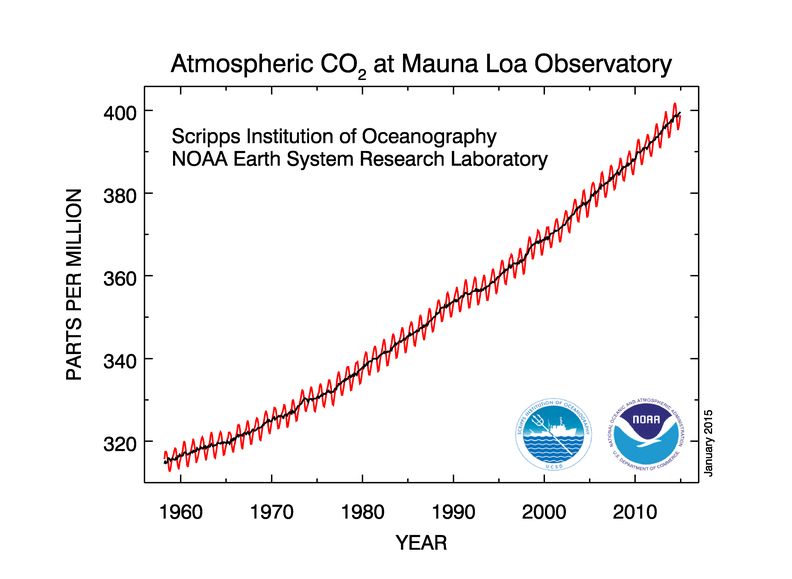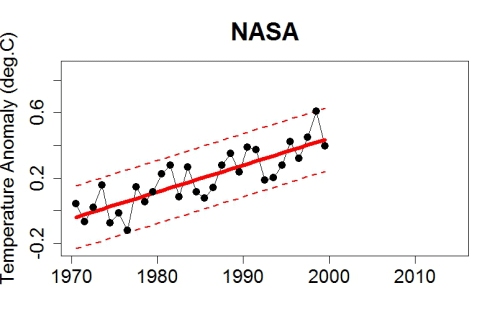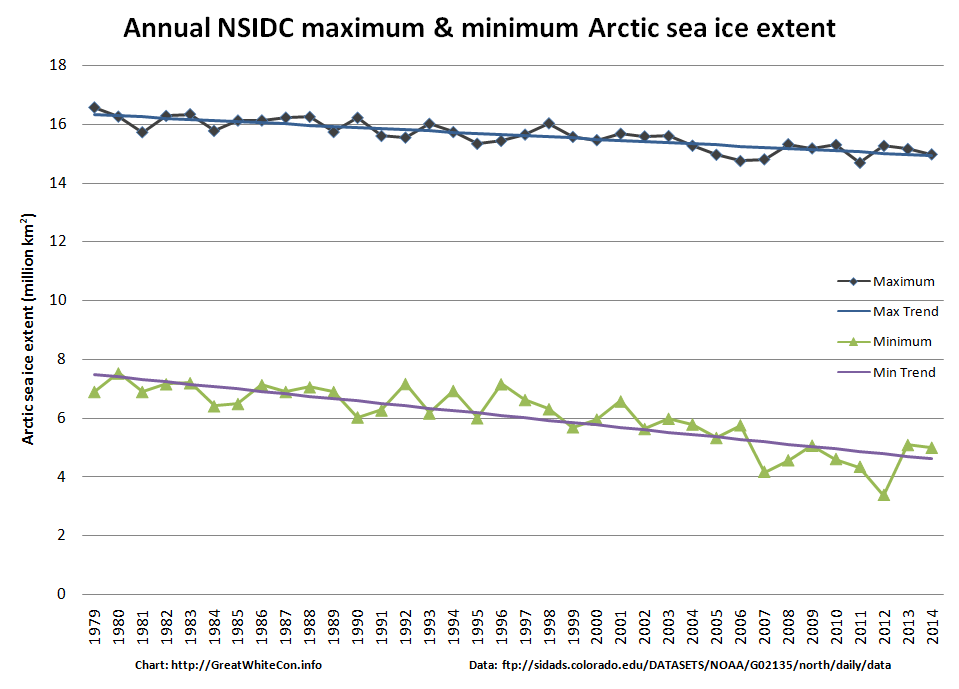January 21, 2015
The Climatic State of the Union
I stayed up late last night (UK time) to watch Barack Obama deliver his 2015 State of the Union address to the United States Congress. I was particularly interested to hear what he had to say about climate change. In the event he said the word "climate" four times. Apparently that's a new record.
Mr. Obama referred to another record in his speech:
2014 was the planet’s warmest year on record.
That "fact" is causing considerable controversy in the media at the moment, with the usual suspects disputing the overwhelming scientific evidence. Getting back to Barack Obama's speech for now though, the White House has conveniently uploaded a video of the "climate" section of his speech to YouTube. Here it is:
The White House also made a full transcript of the speech available online, even before Mr. Obama's stood up and started talking. Here's the climate section of that:
No challenge poses a greater threat to future generations than climate change.
2014 was the planet’s warmest year on record. Now, one year doesn’t make a trend, but this does – 14 of the 15 warmest years on record have all fallen in the first 15 years of this century.
I’ve heard some folks try to dodge the evidence by saying they’re not scientists; that we don’t have enough information to act. Well, I’m not a scientist, either. But you know what – I know a lot of really good scientists at NASA, and NOAA, and at our major universities. The best scientists in the world are all telling us that our activities are changing the climate, and if we do not act forcefully, we’ll continue to see rising oceans, longer, hotter heat waves, dangerous droughts and floods, and massive disruptions that can trigger greater migration, conflict, and hunger around the globe. The Pentagon says that climate change poses immediate risks to our national security. We should act like it.
That’s why, over the past six years, we’ve done more than ever before to combat climate change, from the way we produce energy, to the way we use it. That’s why we’ve set aside more public lands and waters than any administration in history. And that’s why I will not let this Congress endanger the health of our children by turning back the clock on our efforts. I am determined to make sure American leadership drives international action. In Beijing, we made an historic announcement – the United States will double the pace at which we cut carbon pollution, and China committed, for the first time, to limiting their emissions. And because the world’s two largest economies came together, other nations are now stepping up, and offering hope that, this year, the world will finally reach an agreement to protect the one planet we’ve got.
Whilst I have to agree that the "historic announcement" in Beijing is a small step in the right direction, it is in fact far too little far too late given the scale of the problem. I've said this before, far too often, but I'll say it once more. Actions speak louder than innumerable fine words, and despite Barack Obama's stated "determination" the evidence of his first 6 years in office suggests that both American leadership and international action will continue to be sadly lacking.
By way of some evidence for that conclusion here once again is a graphic overview of the most recent data from the PBL Netherlands Environmental Assessment Agency's annual report on global carbon dioxide emissions, in this case for 2013:
and here are some brief extracts from the main findings of the report, which reveals yet another new global record:
In 2013 global CO2 emissions grew to the new record of 35.3 billion tonnes (Gt). Sharp risers include Brazil (+ 6.2%), India (+ 4.4%), China (+ 4.2%) and Indonesia (+2.3%). The much lower emissions increase in China of 4.2% in 2013 and 3.4% in 2012 was primarily due to a decline in electricity and fuel demand from the basic materials industry, and aided by an increase in renewable energy and by energy efficiency improvements. The emissions increase in the United States in 2013 (+2.5%) was mainly due to a shift in power production from gas back to coal together with an increase in gas consumption due to a higher demand for space heating.
Whilst we wait to discover what all the hot air that will no doubt be emitted at the UNFCCC COP 21/CMP 11 conference in Paris later this year produces in the way of American or international "acting like it", here are the long term trends in carbon dioxide concentration in the atmosphere:
global mean surface temperature:
Filed under Climate by




Leave a Comment